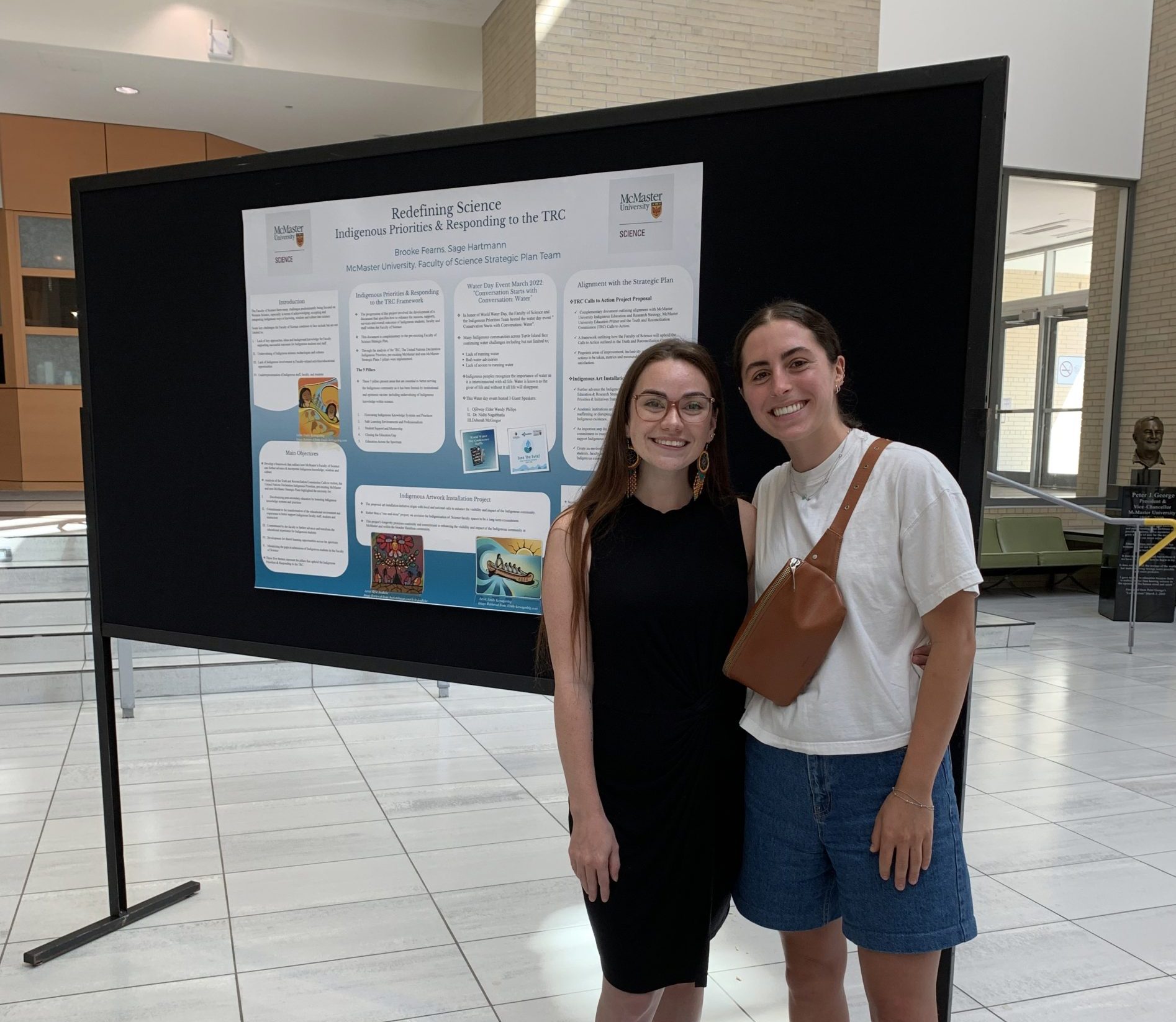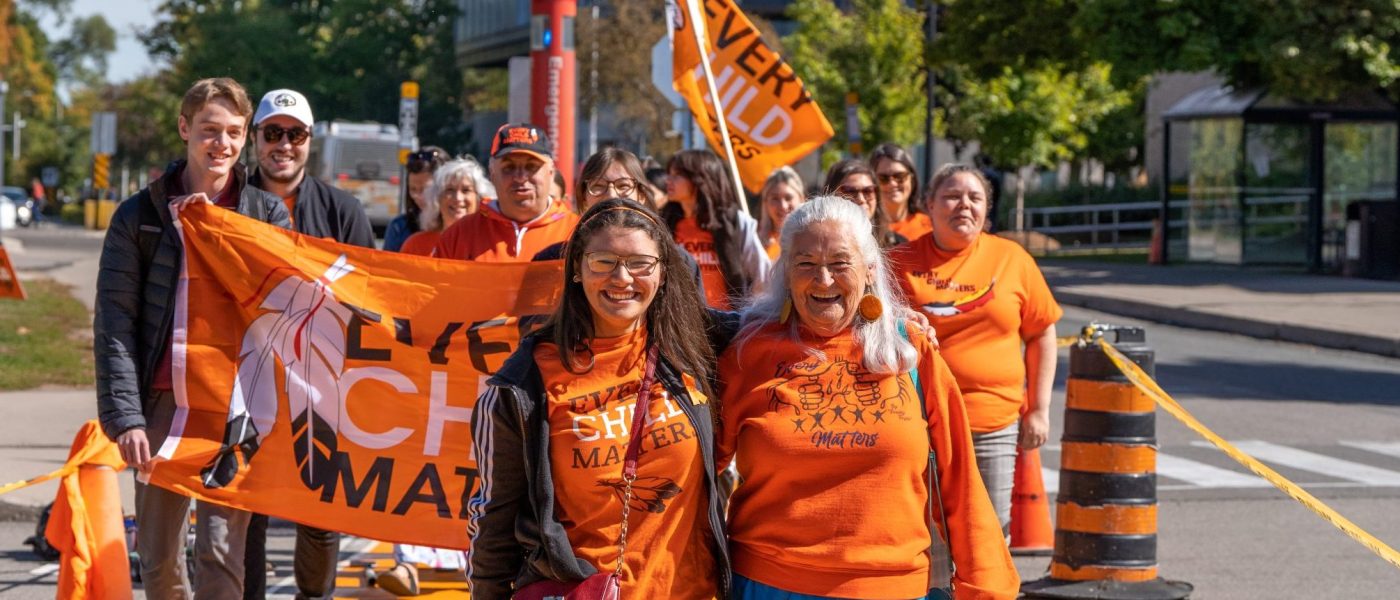We recognize that our teaching and research are rooted in Western thought and practice, which have unjustly excluded Indigenous ways of knowing. In our Faculty of Science, discussion and reflection, although nascent, are elucidating the powerful perspectives that Indigenous science could impart to both research and the curriculum. In this, we are guided by the Indigenous Strategy Directions report from the McMaster University Indigenous Education Council and McMaster Indigenous Research Institute.
Information Box Group

“The Faculty of Science is a critical point of intersection between reaffirming or disrupting historically negative experiences of Indigenous peoples within Western educational institutions. The Calls to Action outlined in the Truth and Reconciliation Commission stress that, ‘educational institutions are key to reconciliation because of what they have taught, or failed to teach, over many generations… education must remedy the gaps in historical knowledge that perpetuate ignorance and racism’. Along with the TRC Calls to Action, the United Nations Declaration of the Rights of Indigenous Peoples (UNDRIP) can provide direction when striving to decolonize and indigenize Western educational policies and practices. Ultimately, the Mission is to recognize the ways Indigenous knowledges are suppressed or excluded from the Faculty of Science and serve the Indigenous community in a mutually respectful and rights-based approach, as Indigenous peoples have been limited by institutional and epistemic racism.”
-Brooke Fearns & Sage Hartmann
Learn more about how students have helped inform and collaborate on the Faculty of Science strategic plan:

